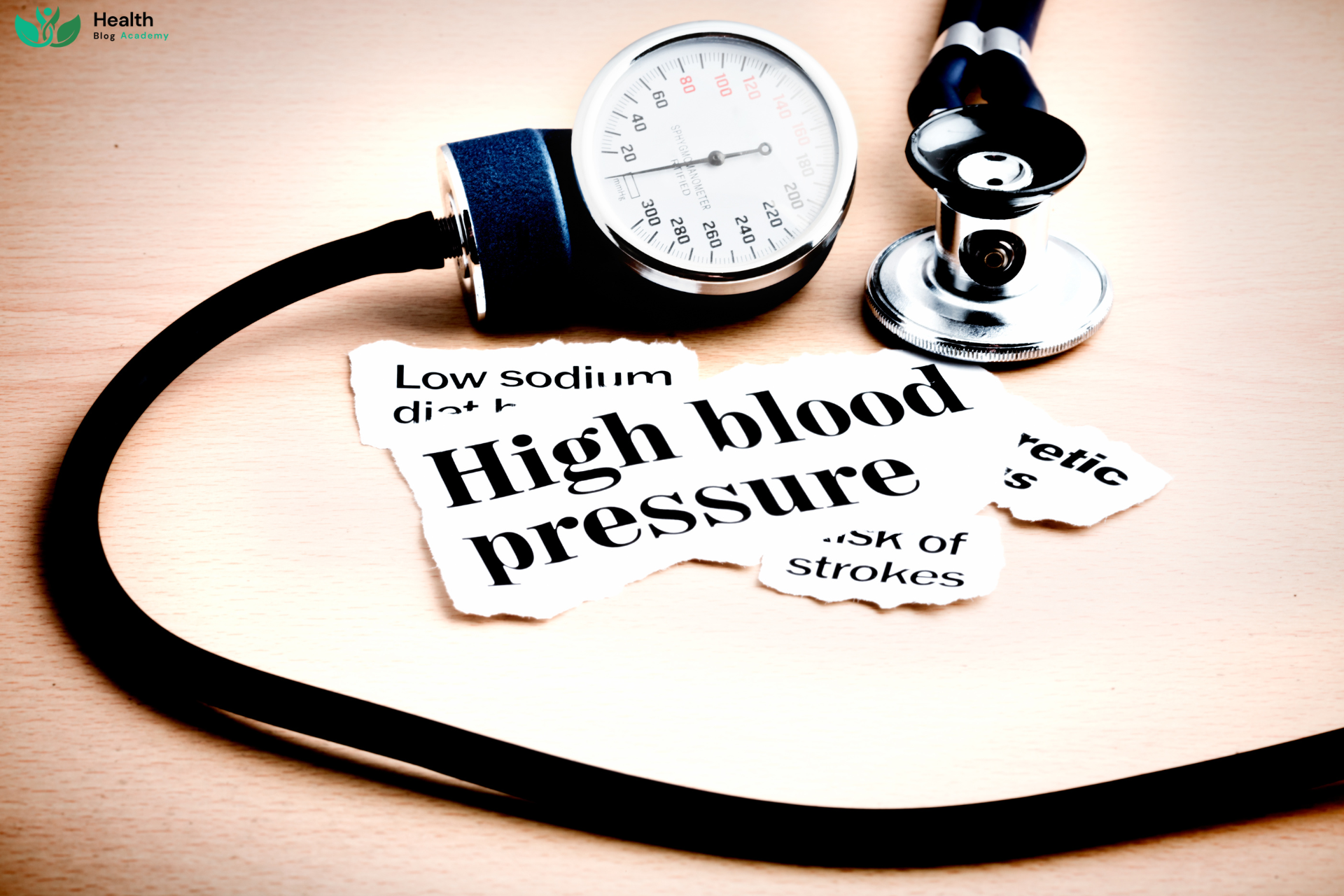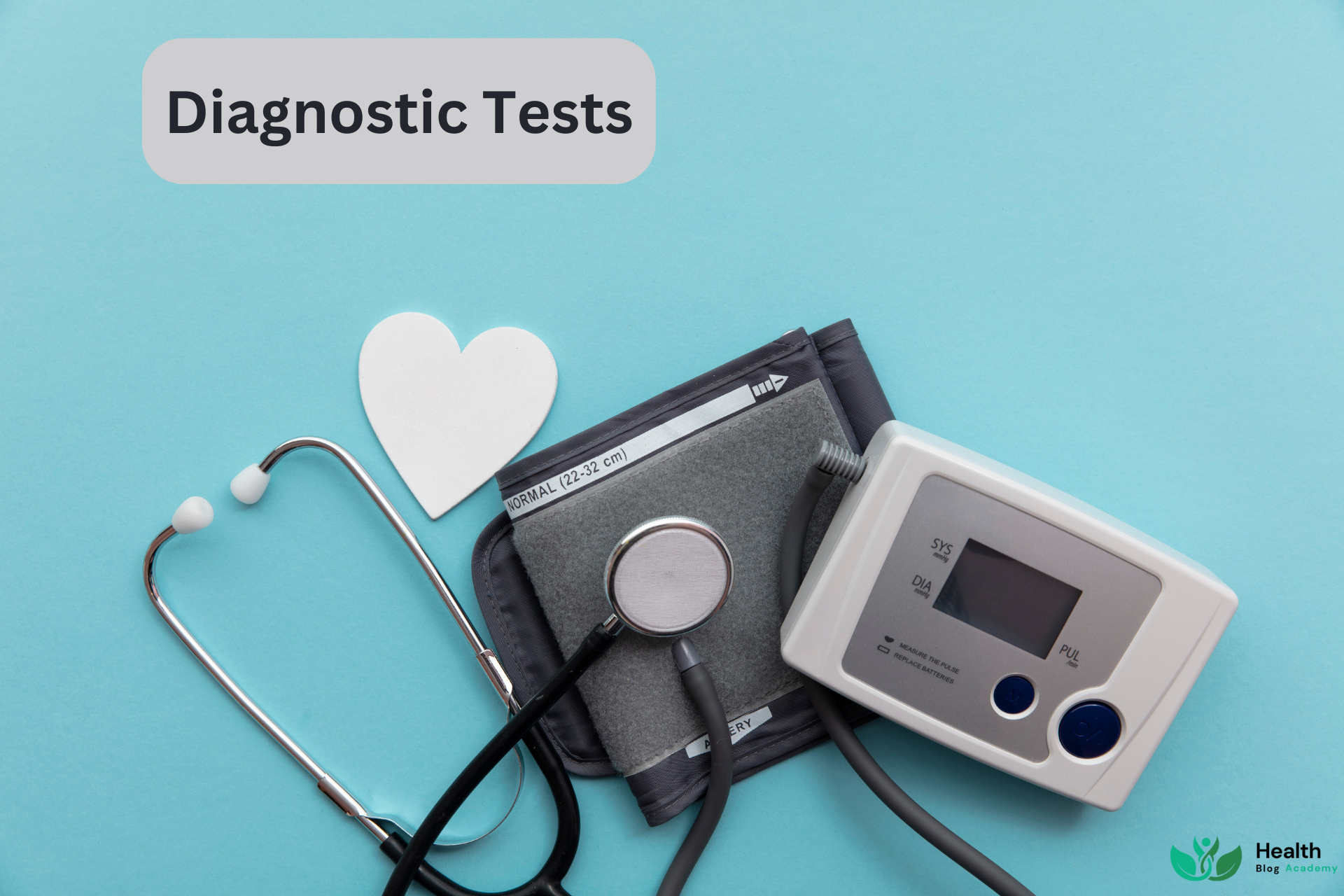Cardiovascular health” is a term used to describe the health of the heart and blood vessels, and is important for overall health and wellbeing. In this article, we will explore the key factors that influence cardiovascular health and discuss strategies for improving it.
What Is Cardiovascular Health?
The overall health of the heart and circulatory system. A combination of factors including diet, exercise, genetics and lifestyle. The ability of the heart and blood vessels to function effectively.
The Benefits of Cardiovascular Health
Reduced risk of heart attack, stroke and other cardiovascular diseases. Improved blood flow and oxygen delivery to the body. Increased energy, endurance and overall wellbeing.
The Risks of Poor Cardiovascular Health

High blood pressure, high cholesterol and other cardiovascular conditions. Weaker immune system and increased risk of infection. Greater risk of developing diabetes and other chronic diseases.
Strategies for Improving Cardiovascular Health
- Eating a balanced, nutritious diet
- Engaging in regular physical activity
- Getting regular check-ups and screenings
- Quitting smoking and avoiding alcohol and other drugs
- Reducing stress and managing time effectively
The state of one’s cardiovascular system is essential to general wellbeing. Maintaining strong cardiovascular function is critical to avoiding a number of health issues since your heart and blood arteries are crucial in distributing oxygen and nutrients throughout your body.
Good cardiovascular health is influenced by a number of things, such as keeping a healthy weight, working out often, eating a balanced diet, controlling stress, and abstaining from smoking and excessive alcohol use. Additionally, regular check-ups with your doctor may aid in identifying any possible risk factors for cardiovascular disease and enable early intervention and treatment.
Understanding Cardiovascular Disease

Risk Factors
There are several risk factors associated with cardiovascular disease, including age, gender, family history, high blood pressure, high cholesterol, smoking, obesity, and diabetes. These risk factors can increase your chances of developing CVD and should be closely monitored.
Causes
Cardiovascular disease can be caused by a variety of factors, including atherosclerosis (a buildup of plaque in the arteries), high blood pressure, and damage to the heart muscle. Other factors, such as smoking, obesity, and poor diet, can also contribute to the development of CVD.
Symptoms
Symptoms of cardiovascular disease can vary depending on the type of disease. Common symptoms include chest pain or discomfort, shortness of breath, fatigue, dizziness, and palpitations. If you experience any of these symptoms, it’s important to seek medical attention right away.
Types of Cardiovascular Diseases
There are several types of cardiovascular diseases, including coronary artery disease, heart failure, arrhythmias, and stroke. Each type of disease affects the heart and blood vessels in different ways and requires different treatments.
Maintaining a Healthy Heart
Maintaining a healthy heart is essential for preventing cardiovascular disease. Here are some tips for keeping your heart healthy:
Diet and Nutrition
A healthy diet is crucial for maintaining a healthy heart. Eating a diet rich in fruits, vegetables, whole grains, and lean protein can help reduce your risk of developing cardiovascular disease. It’s also important to limit your intake of saturated and Trans fats, sodium, and added sugars.
Exercise and Physical Activity
Regular exercise and physical activity are important for maintaining a healthy heart. Aim for at least 30 minutes of moderate-intensity exercise, such as brisk walking or cycling, most days of the week. Strength training and stretching exercises can also help improve your heart health.
Sleep and Stress Management
Getting enough sleep and managing stress are important for maintaining a healthy heart. Aim for 7-8
Tobacco and Alcohol Cessation
Smoking and excessive alcohol consumption are both risk factors for cardiovascular disease. If you smoke, quitting can help reduce your risk of developing CVD. If you drink alcohol, it’s important to do so in moderation.
Diagnosing and Treating Cardiovascular Disease
If you’re diagnosed with cardiovascular disease, there are several treatment options available, depending on the type and severity of the disease.
Diagnostic Tests

Diagnostic tests, such as an electrocardiogram (ECG), echocardiogram, or cardiac catheterization, can help your doctor diagnose cardiovascular disease and determine the best course of treatment.
Medications
There are several medications used to treat cardiovascular disease, including cholesterol-lowering drugs, blood thinners, and medications to lower blood pressure. Your doctor may also prescribe medications to help manage symptoms, such as chest pain or shortness of breath.
Surgical Procedures
In some cases, surgery may be necessary to treat cardiovascular disease. Common surgical procedures include angioplasty and stenting, bypass surgery, and heart valve replacement.
Lifestyle Changes
Making lifestyle changes, such as improving your diet and exercise habits, can also help manage cardiovascular disease. Your doctor may recommend a cardiac rehabilitation program, which can help you make these changes and improve your overall heart health.
Preventing Cardiovascular Disease
Preventing cardiovascular disease is key to maintaining a healthy heart. Here are some tips for preventing CVD:
Screening and Early Detection
Regular screening and early detection can help identify risk factors for cardiovascular disease before they become serious. Your doctor may recommend regular check-ups and screenings, such as blood pressure and cholesterol tests.
Primary Prevention
Primary prevention involves making lifestyle changes to reduce your risk of developing cardiovascular disease. This includes maintaining a healthy diet and exercise routine, quitting smoking, and managing stress.
Secondary Prevention
Secondary prevention involves managing cardiovascular disease once it has been diagnosed. This includes taking medications as prescribed, making lifestyle changes, and participating in cardiac rehabilitation programs.
Conclusion
Maintaining a healthy heart is essential for preventing cardiovascular disease. By making lifestyle changes and following your doctor’s recommendations, you can reduce your risk of developing CVD and improve your overall heart health.
FAQs
Q: What is the leading cause of cardiovascular disease?
A: The leading cause of cardiovascular disease is atherosclerosis, which is a buildup of plaque in the arteries.
Q: How can I lower my risk of developing cardiovascular disease?
A: You can lower your risk of developing cardiovascular disease by maintaining a healthy diet and exercise routine, quitting smoking, managing stress, and controlling your blood pressure and cholesterol levels.
Q: Can cardiovascular disease be reversed through lifestyle changes?
A: In some cases, lifestyle changes can help manage and even reverse the effects of cardiovascular disease. This includes making changes to your diet, exercise routine, and stress management habits.
Q: What are some common medications used to treat cardiovascular disease?
A: Common medications used to treat cardiovascular disease include cholesterol-lowering drugs, blood thinners, and medications to lower blood pressure.
Q: Is it important to have regular check-ups with a cardiologist?
A: Yes, regular check-ups with a cardiologist can help identify risk factors for cardiovascular disease and ensure early detection and treatment if necessary.

